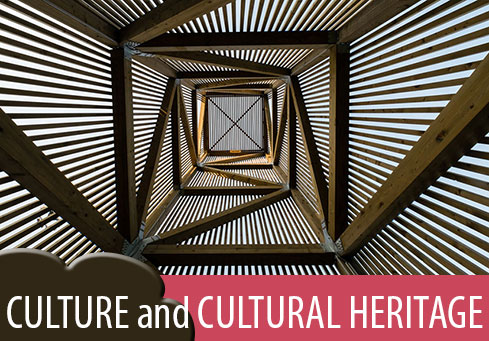FCN principles and criteria
The principles:
- Connection to a community and territory determines a sense of belonging;
- Social cohesion is founded on various levels of cooperation and commitment;
- Democracy is practised by engagement of civil society in dialogue and action, through shared responsibilities based on capacities.
The criteria:
Who?
- Presence of an active civil society (heritage community) that has a common interest in a specific heritage;
- Presence of people who can convey the message (facilitators);
- Engaged and supportive political players in the public sector (local, regional, national institutes and authorities);
- Engaged and supportive stakeholders in the private sector (businesses, non-profit entities, academia, CSOs, NGOs, etc.).
How?
- Consensus on an expanded common vision of heritage;
- Willingness of all stakeholders to cooperate (local authorities and civil society);
- A defined common interest of a heritage-led action;
- Commitment and capacity for resource mobilisation.
What?
- Readiness of the group to engage in the process of developing diverse narratives based on the people and places;
- Aspirations towards a more democratic socio-economic model;
- Commitment to human rights principles in local development processes (respect for dignity and multiple identities);
- Improved democratic participation and social inclusion of all inhabitants.
Texts of reference
Publications and videos
- The Faro Convention at work in Europe: selected examples
- The Faro Convention’s role in a changing society: building on a decade of advancement
- People, places, stories - Faro Convention inspired experiances
- Brochure - Action for a changing society
- Polish civil society and the aims of the Faro Convention
- Heritage and Beyond
- European Manifesto on Multiple Cultural Affiliation
- Dividing lines, connecting lines: Europe's cross border heritage



